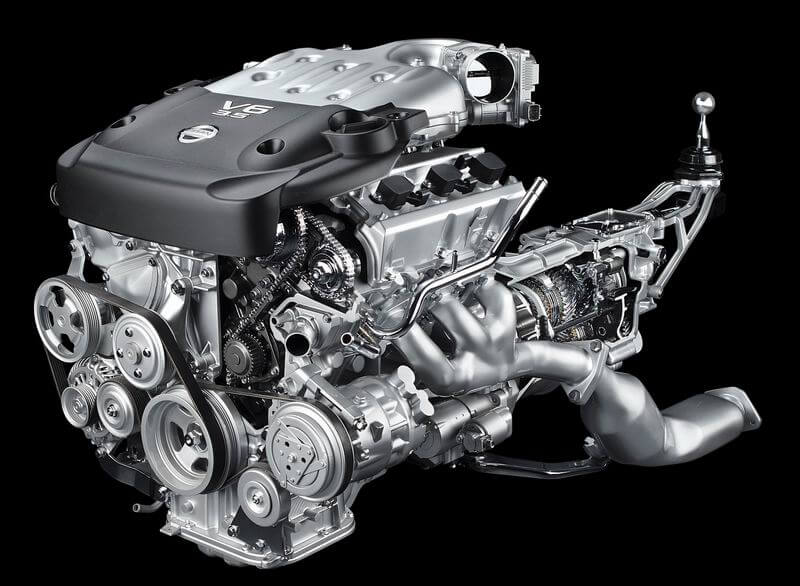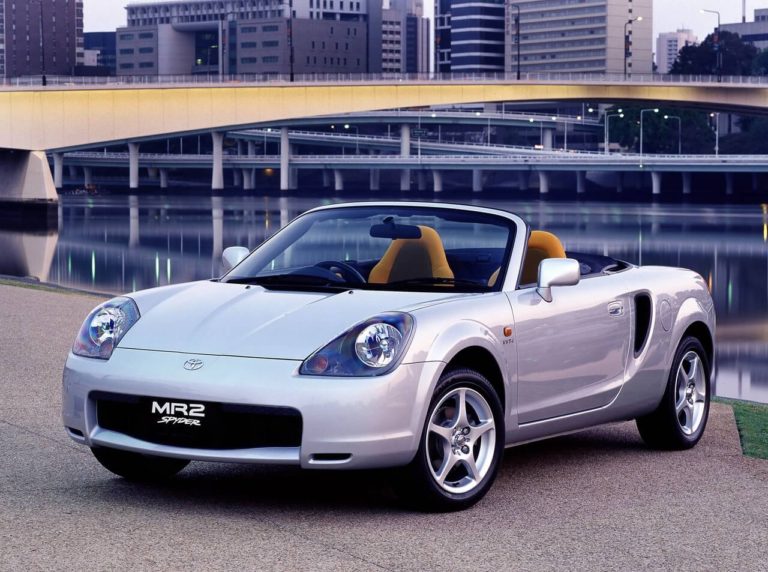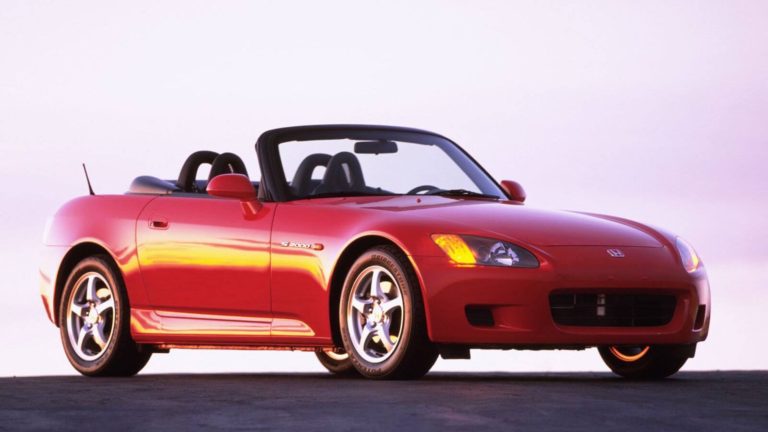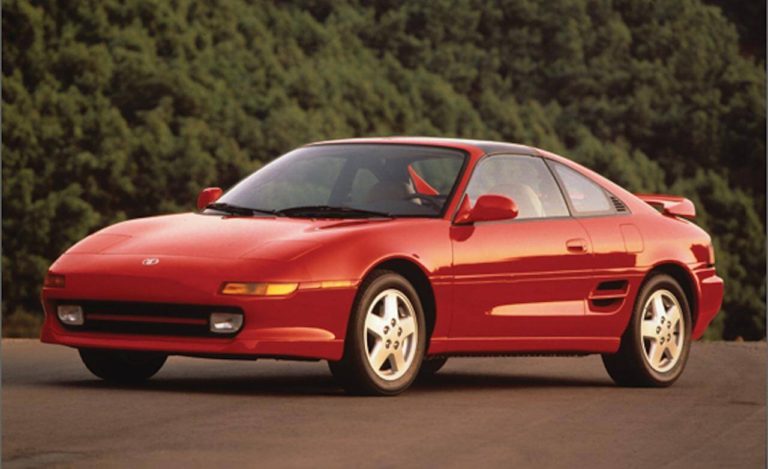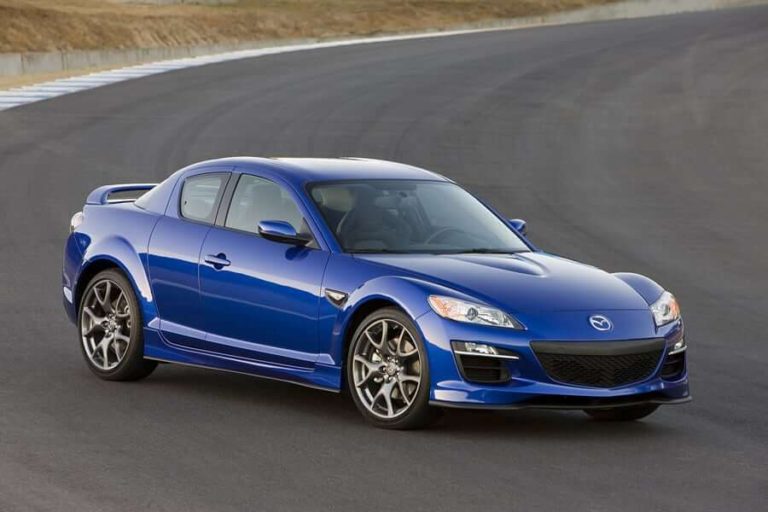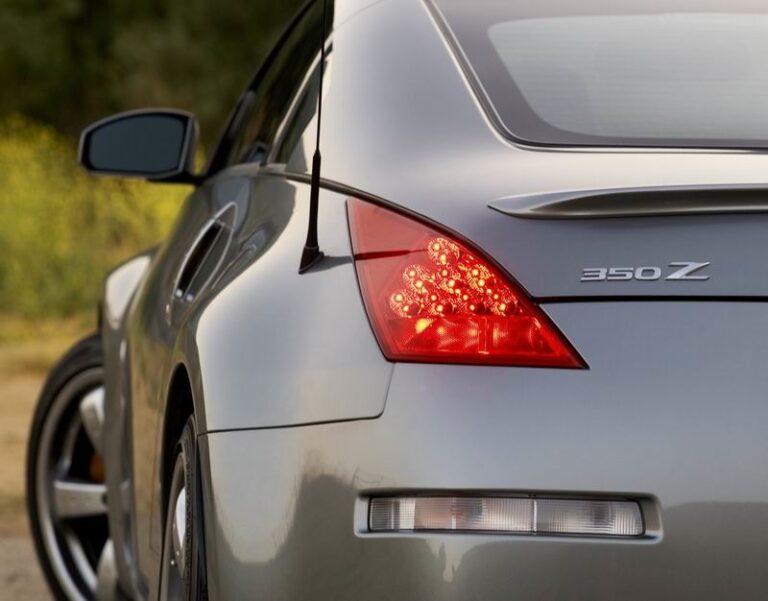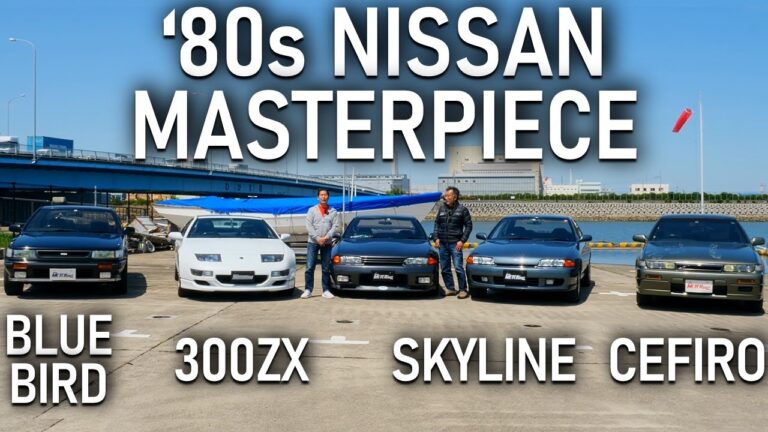What The VQ35DE Engine Meant To Nissan
This post was originally written in 2005
Oh, how things have changed.
Nissan executives can make eye contact at press gatherings again. Other children will play with their kids at the park. At home, they’re no longer sleeping on the couch. In long, magnificent strides they have covered impressive ground and rejoined the game, now shoulder-to-shoulder with the rest of the automotive world. Unlike even a brief 3-4 years ago, mediocrity is nowhere to be seen. From a place of uncertainty, they return back to something more familiar: industry leadership.
1937 saw the Datsun Type 15 as Japan’s first mass-produced vehicle. Four years after we lost JFK, the Datsun 2000 becomes the first Japanese production car with a 5-speed transmission. In 1969, the 1970 Z-car was introduced, and the world is still reeling from that epiphany. Shall I continue? How about a 4-door sports sedan, like the current movement Nissan is again approaching with intent to redefine? Maxima? No, think further back. 1972, long before the Maxima–before Nissan in fact, there was Datsun and their plucky little 510. Creating something out of nothing isn’t new. Leadership: uncover the obvious before it is.
Those dark years at Nissan (hard to talk about around here) must’ve been tough, bolting together blandness and pushing it out the door anyway, minding its wobble. Now Ghosn-ified, learning again to walk, Nissan got back to their comfort zone where their eyes widened and their hands flew: executing simple ideas flawlessly. The 510, the original 240Z, and even the modest Sentra SE-R were all about, quite simply, execution. No clutter. This is where Datsun and Nissan have always been strong in the American market. Taught suspensions, holesin-your-shoes frugality, just enough style and potent engines. Like the VQ35DE. Full circle, we’re back to what makes sense, and back to where Nissan is game: redefining itself. It’s almost as if they have to be in trouble to produce the goods. I can appreciate that. So it is refreshingly logical, in an industry of illogic, to see Nissan champion the lithe, simple and tight normally aspirated V-6.
Years ago, when automotive ‘technology’ was simultaneously underdeveloped and overwrought, everything with punch had 8 cylinders. Porsche has always done fine with just 6 cylinders, and there are other exceptions as well (the Buick Grand National, Ford Taurus SHO and Acura NSX come to mind). In fact the 6-cylinder has been somewhat of a showcase for manufacturers showing off. But in the end, any quick 6-cylinder is overachieving more than anything else, its performance reason to celebrate rather than something expected. By-and-large, ‘6-cylinder’ simply meant ‘not a V-8.’ Tradition has a momentum about it, and stereotypes are written in the blackest, most staining ink.
Compared to the 4-cylinder soldiers, a V-6 was indeed a ‘step up.’ This is how Pontiac saw themselves for years as industry leaders (think V-6 Grand Am, Grand Prix, and so on), so it’s all relative. Still, V-6 just doesn’t have that lingering ring to it that makes you grin. Maybe ‘inline-6,’ which has more exotic associations, as does ‘flat-6.’ V-6? Next to “power brakes” in terms of marketing punch. The eternal ‘tweener and middle child, this engine class. Uplifting then to see the industry underdog take up this similarly luckless lump and put a shine to it. Nissan’s resurgence and seeming outright revival depend heavily on this athletic powerplant, seeing application in nearly every Nissan/Infiniti car produced. Sing the VQ song, all here together now.
So it is not surprising to hold this VQ35DE in the palm of your hand, the jewel that it is, rays of light bursting through its cam covers like a porous lid on magic. It is one of those examples of the final sum being greater than the individual parts, because it is assembled of very standard sports car stuff. All-aluminum construction, with 4 (hollow) cams and 24 (busy) valves. An only modestly-aggressive 10.3:1 compression ratio, compared to the Boxster’s and S2000’s 11:1. Molybdenum-coated pistons displace a healthy but modest 3.5 liters, with a bore and stroke of 95.5 x 81.4mm. Nothing fancy here. When do we get to the good stuff, turbochargers, 9000 RPM redlines and such? Look elsewhere, because a Continuous Variable Valve Timing Control System is as loud and bold as it gets, and variable valve timing is pretty much par for the course these days in any variation. See my point? Nothing here that would cause Carlos Ghosn to spit out his coffee, but a determined production resulting in 287 HP -and a reason to feel good about the V-6 again.
In the face of GM’s rather unceremonious drowning of the F-Body Camaro and Trans-Am, the fact that the Z exists at all is remarkable; note the curious new RX-8 that Mazda is limping out and anything that idles is worth celebrating. To see the VQ35DE for what it really is, in this economic and market context, is to understand Nissan, the myth, and the corporation. Industry leadership at any costs, regardless of what the score is. A bit of automotive integrity even, squarely on the able shoulders of one absolutely critical V-6.

